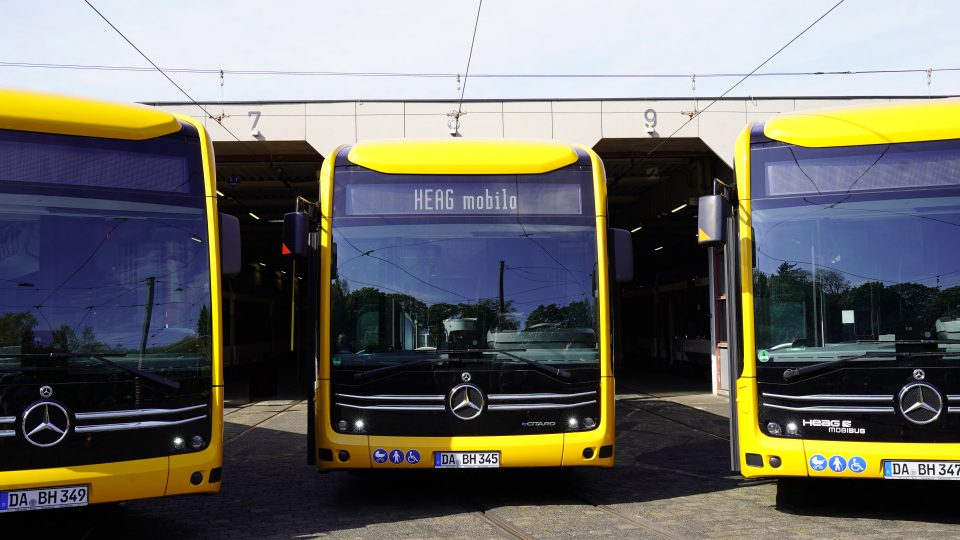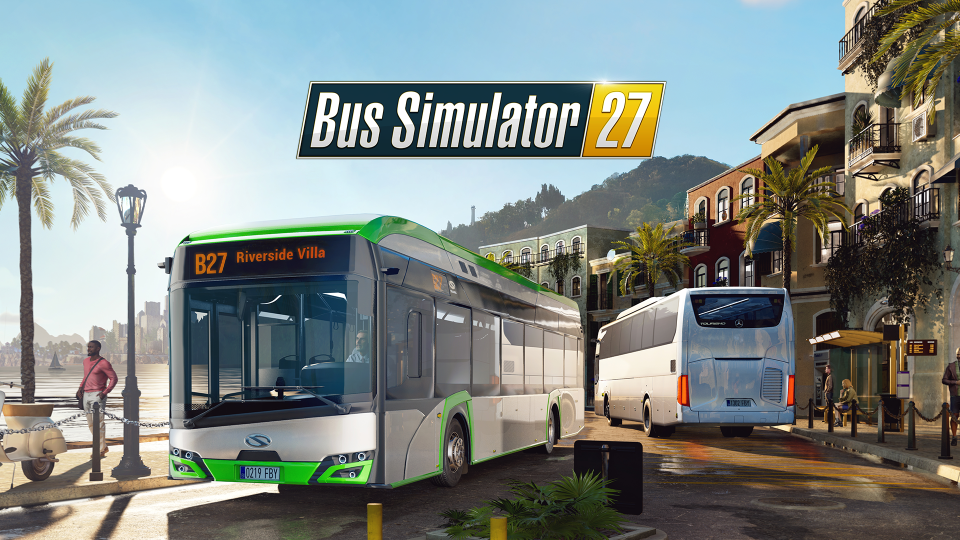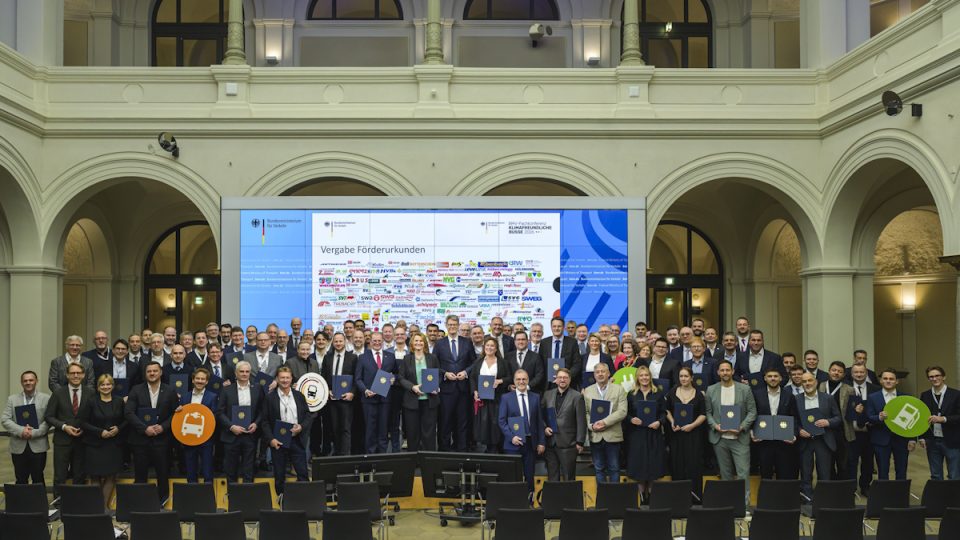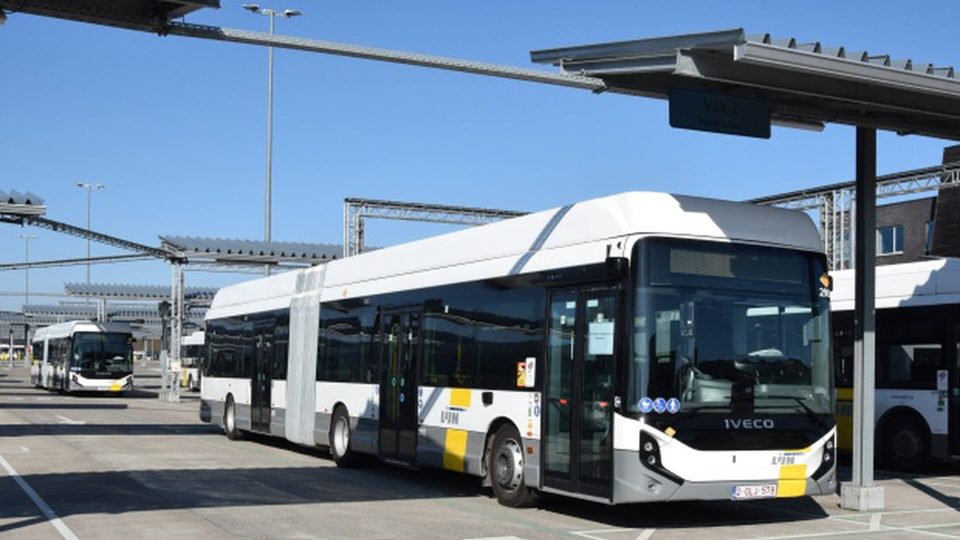Arriva Group company TST turns to Stratio’s predictive fleet maintenance technology for 339 buses in Lisbon’s region (Portugal)
Arriva Group company TST has selected Stratio’s predictive fleet maintenance technology to modernise operation in the Lisbon Metropolitan Area. The project is part of the recently created aggregator brand Carris Metropolitana, a bus service network in the Lisbon region serving 2.7 million passengers; The contract for this TST project is valid for 7 years and […]
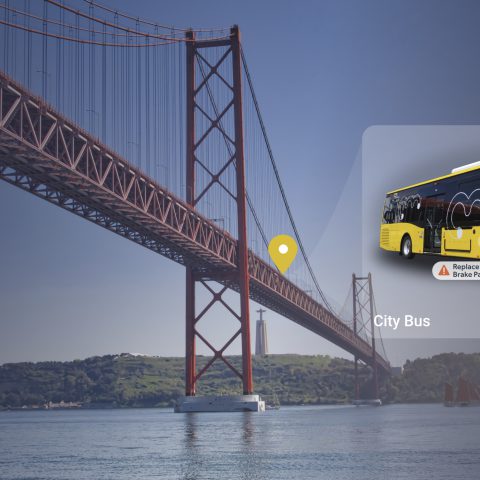
Arriva Group company TST has selected Stratio’s predictive fleet maintenance technology to modernise operation in the Lisbon Metropolitan Area. The project is part of the recently created aggregator brand Carris Metropolitana, a bus service network in the Lisbon region serving 2.7 million passengers;
The contract for this TST project is valid for 7 years and includes the operation of 339 buses in the regions municipalities of Almada, Seixal and Sesimbra.
Stratio has recently announced a partnership with Freeway Fleet Systems to deliver its real-time predictive fleet maintenance technology to the UK’s bus and coach sector.
Stratio selected by TST for Lisbon
Stratio is part of the international consortium which will equip 339 buses included in TST’s project in the Lisbon Metropolitan Area (LMA) for Carris Metropolitana. To be launched in July 2022, is widely considered as one of the most ambitious and innovative projects in the public transport industry in Europe.
Stratio will install its augmented intelligence-based predictive fleet maintenance technology in all vehicles in order to prevent breakdowns, reduce costs and eliminate downtime. This upgrade aims to minimise service disruption, and thus save millions of people the inconvenience of public transport delays.
This technological investment will have a major impact on the 200 Million journeys that public transport passengers make each year in this region of Portugal’s capital city.
The growing importance of public transportation in urban mobility within one of the largest metropolitan areas in Europe has grown a lot in recent years, with about a third (28% – source LMA) opting for this means of travel, in a context where almost half (48% – source LMA) of people work in municipalities outside their residential area, Stratio sums up.



